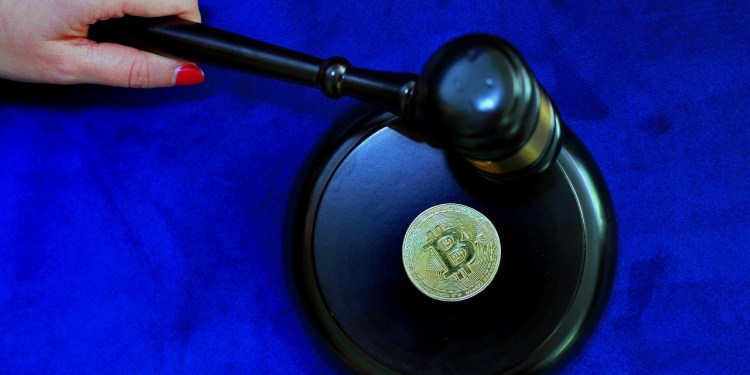The Texas House of Representatives has taken a decisive step toward establishing a state-managed Bitcoin reserve, approving Senate Bill 21 on its second reading with overwhelming bipartisan support.
The 105-23 vote signals growing legislative acceptance of cryptocurrency as a legitimate asset class for government investment, potentially positioning Texas as a national leader in digital asset adoption.
Decisive Bipartisan Support
Before passage, lawmakers adopted an amendment from Representative Linda Garcia (D-TX) that strengthened the bill’s requirements, doubling the market capitalization threshold period from 12 to 24 months. Under this provision, cryptocurrencies must maintain a minimum $500 billion market cap over a two-year period to qualify for inclusion in the state’s altcoin reserve.
“This forward-thinking measure recognizes digital assets not as a trend but as a strategic opportunity key to strengthening the state’s fiscal resilience,” said Giovanni Capriglione (R-TX), the bill’s House sponsor, in his remarks before the final vote. The strong cross-party backing suggests lawmakers increasingly view cryptocurrency as a legitimate tool for state financial planning rather than a partisan issue.

Officially titled the Texas Strategic Bitcoin Reserve and Investment Act, the legislation creates a framework for the state comptroller to maintain crypto holdings as a “special fund outside the state treasury.” The bill positions the reserve as “a hedge against inflation and economic volatility,” reflecting growing concerns about traditional financial systems and monetary policy.
Mining Hub To Reserve Pioneer
The bill’s advancement comes approximately two years after Texas established itself as a premier destination for cryptocurrency mining operations. The state’s business-friendly regulations and relatively affordable energy costs have attracted numerous mining companies, creating a foundation for broader crypto integration into the state’s economic strategy.
If ultimately enacted, Texas would become just the second U.S. state to establish a government-managed Bitcoin reserve, following New Hampshire’s recent move earlier this month. Arizona nearly joined this exclusive club, but its governor vetoed a similar Bitcoin bill, approving only a companion bill for unclaimed cryptocurrency.
The Texas legislation includes robust oversight mechanisms, requiring the comptroller to submit biennial reports to the legislature detailing cryptocurrency holdings, their value, and any changes during the reporting period. An advisory committee that includes cryptocurrency investment experts will guide the comptroller on reserve management, ensuring specialized knowledge informs state investment decisions.
Before reaching the governor’s desk, the bill must still pass a third reading in the House. Since it was amended, any differences between the House and Senate versions will need to be reconciled before receiving final approval from both chambers.
The measure’s progress represents a significant shift in how governments and US states approach digital assets. Rather than viewing cryptocurrencies merely as subjects for regulation, Texas lawmakers are exploring their potential as strategic investments that could benefit state finances over the long term.